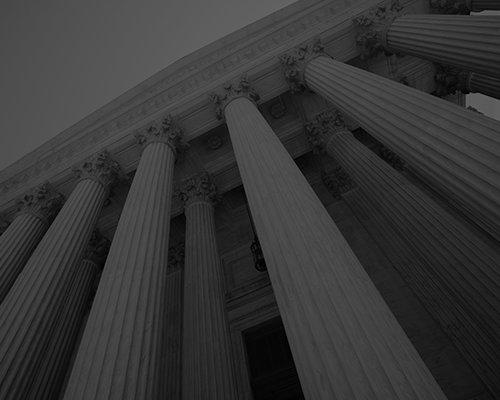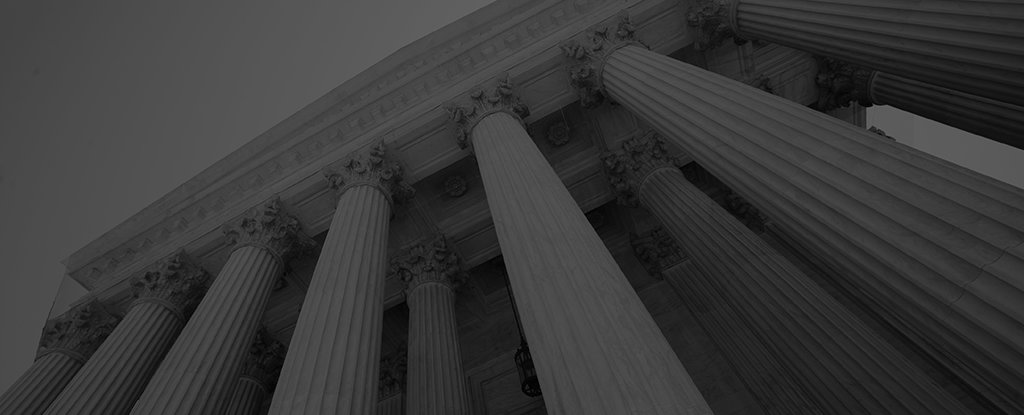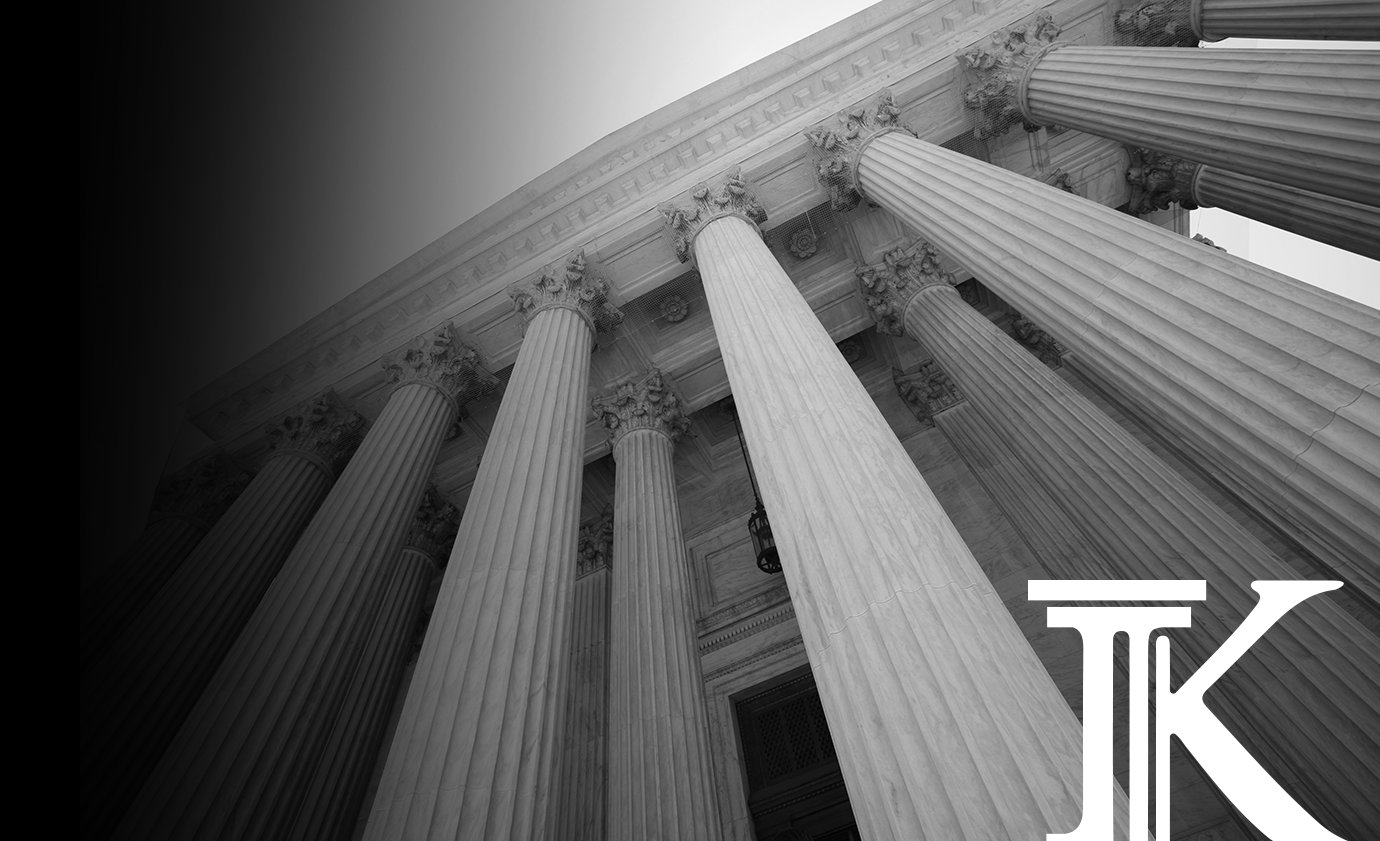New York Criminal Asset Forfeiture Attorney
Advising and Representing Attorneys and Clients in Matters Related to Asset Forfeiture in the State of New York
Asset forfeiture is a legal process that allows the government to seize assets from individuals or entities suspected of being involved in criminal activities. It may occur as part of a criminal case or in a separate civil proceeding.
When faced with potential forfeiture of assets such as real estate, bank accounts, vehicles, or other valuable property, it is crucial to have an expert in your corner. Steven L. Kessler is a distinguished New York attorney with extensive experience and expertise in the field of asset forfeiture law.
Mr. Kessler understands the complex legal landscape surrounding asset forfeiture and is dedicated to protecting your rights and assets.
Asset forfeiture can have significant legal implications and consequences for individuals and businesses alike.
By choosing Steven L. Kessler as your asset forfeiture attorney, you can be confident that you are receiving top-notch legal representation from a seasoned professional who will skillfully navigate the intricacies of New York asset forfeiture law on your behalf.
Mr. Kessler’s deep understanding of the legal system and his unwavering commitment to his clients make him the ideal choice for those seeking to safeguard their assets and secure their financial future.
Do not let the complexities of asset forfeiture law overwhelm you – trust in the expertise of Steven L. Kessler to guide you through the process and deliver the best possible outcome. Call (888) 708-6009 today to request a consultation.






